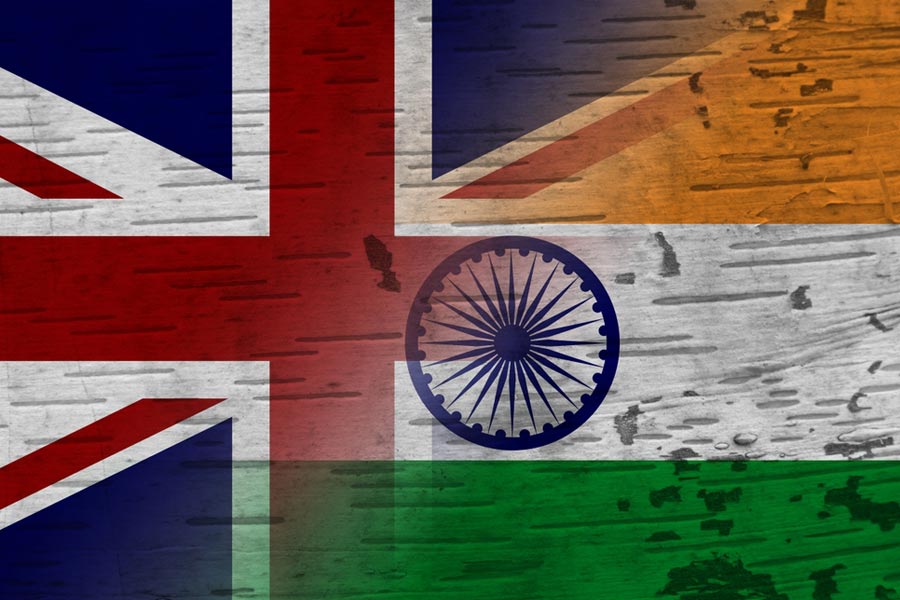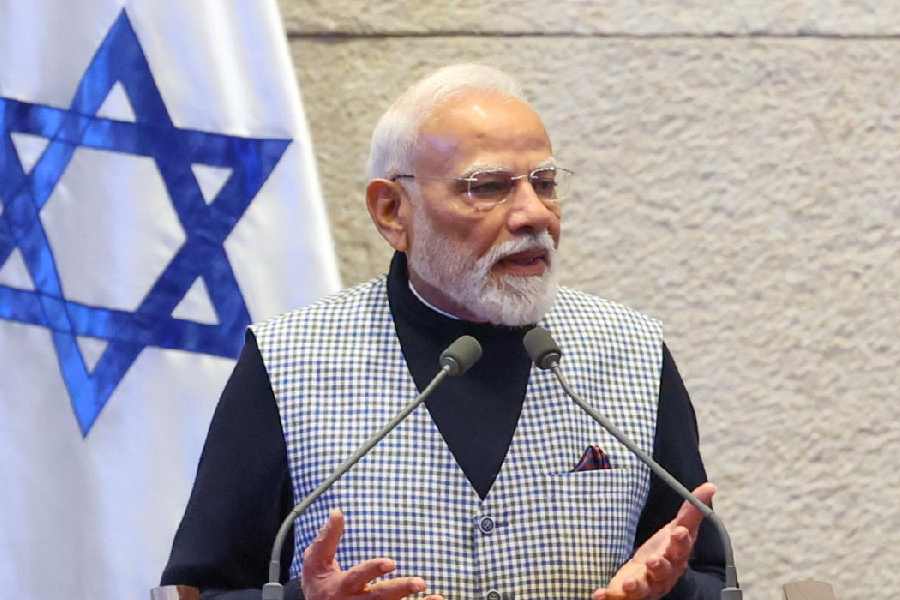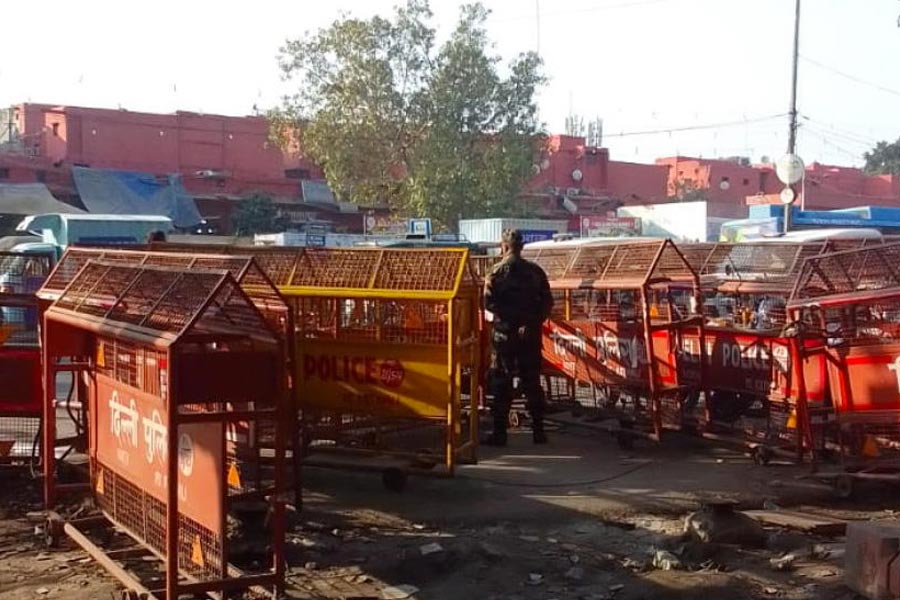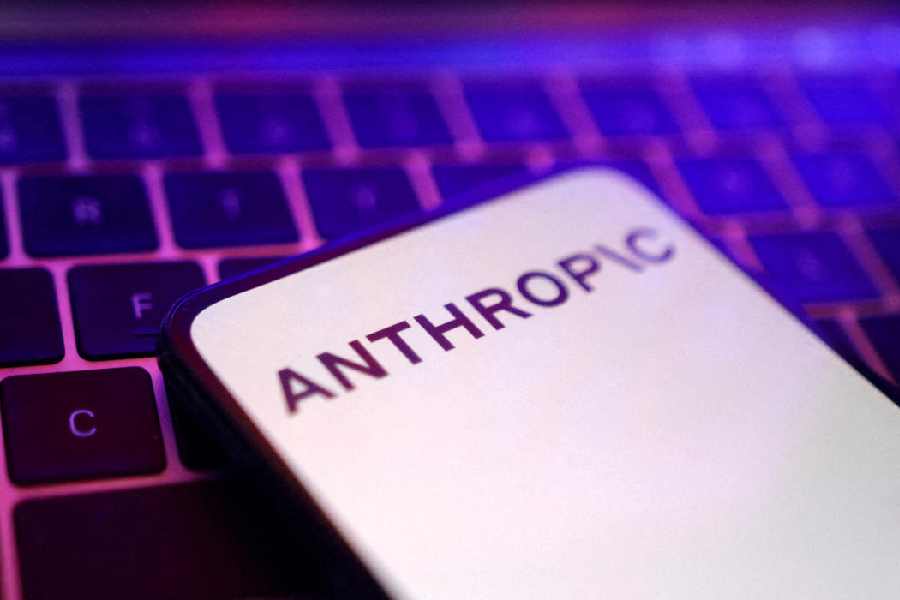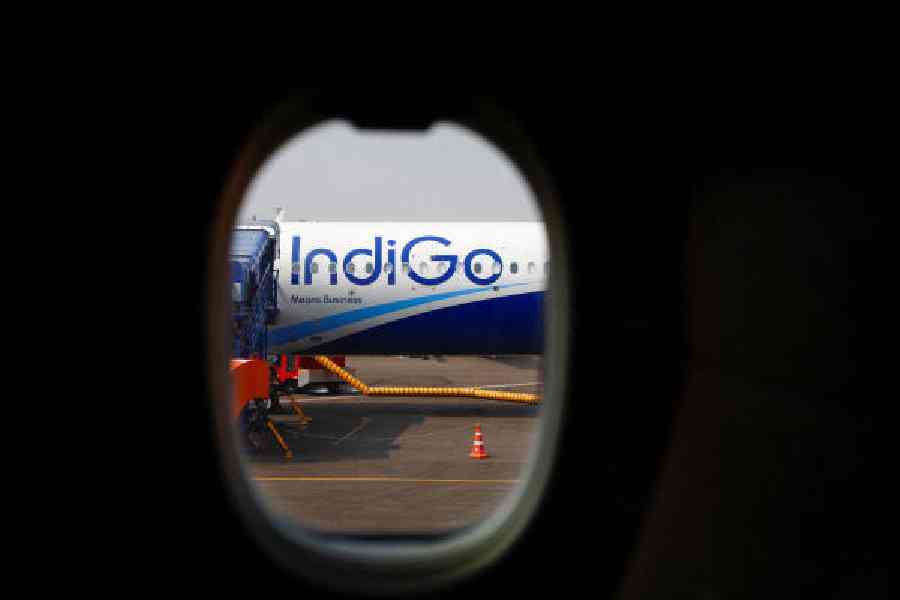The India-United Kingdom free trade agreement that the two countries announced on Tuesday might just have been worth the wait. Negotiations had begun in January 2022 and often appeared to be headed nowhere. It did not help that the UK was gripped by political volatility during the negotiations. But the deal that New Delhi and London have now agreed to could help not just bilateral trade but also set anexample for global trade relationships that are under strain, especially because of tariff threats issued by Donald Trump, the president of the United States of America. The deal is also a symbol of New Delhi’s willingness to negotiate when there are differences over trade policy — this is something that might help India as it looks to firm up a similar agreement with Mr Trump’s administration. Indeed, on Thursday, Mr Trump announced a trade agreement with the UK at the Oval Office — the first major breakthrough for his administration amid talks with dozens of countries threatened with major sanctions by the American president.
These two big trade deals — India and the UK and the UK and the US — underscore that globalisation is not yet dead and that ultimately everyone, even the US under Mr Trump, does want to trade with others. Under the India-UK deal, Britain will lower tariffs on imports of Indian clothes, food products such as frozen prawns, jewellery, and some cars. India has agreed to cut tariffs on Scotch whisky, gin and soft drinks; on lamb, salmon, chocolates and other confectionery goods; as well as on luxury cars, among other products. In effect, Indian products in the UK will become cheaper for British consumers and British whiskey, cars and other goods will pinch the Indian consumers’ pocket less. In many ways, the deal is an affirmation of modern India — the same Britain that once used trade to conquer the country is now the junior partner, in many ways, in this economic relationship. To be sure, there will be speed bumps ahead. Indian alcohol-makers and auto companies that have in recent years managed to build a market not just in India but outside will now face greater competition. India must address their concerns while supporting them in taking on global players. But if the trade deal succeeds, it will eventually boost Indian industry’s confidence in its ability to compete against the best aroundthe world.

